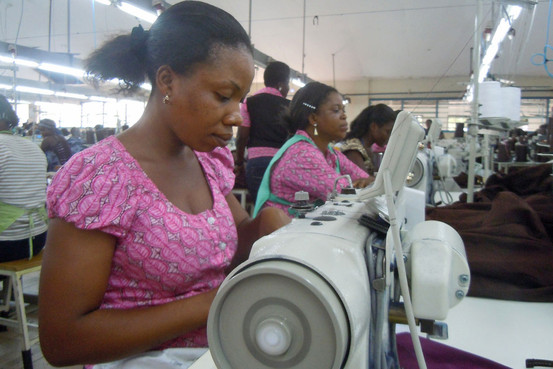Ghana lost between GH¢320 million and GH¢ 924 million in 2014 alone due to the ongoing power crisis, a report by the Institute of Statistical, Social and Economic Research (ISSER) has revealed.
[contextly_sidebar id=”DC8myEpWp6V7FaqBkTj4ZnzDRklqRYMG”]The 2014 Social Development Outlook by ISSER said this amounts to between 2% and 6% percent of GDP annually and does not include indirect cost.
The Coordinator of the research Rev. Dr. Adobea Yaa Owusu, touching on the highlights, described the power situation as a “major bottleneck hampering Ghana’s development” and noted that it has debilitating impact on growth and development.
When asked how they got these estimates she stipulated that they “have the actual data and are able to determine the cost per individual unit and then calculated that for the national economy, she further explained that they collected different estimates for the various aspects of the economy and put it together. ”
Rev. Dr Owusu further observed that the continous fumes form generators used as alternative for power generation in the country also affects the environment because of the carcinogenic material in it which coud cause throat cancer and also has psychological effects.
According to the report, about 30% of the Ghanaian population do not have access to electricity.
Ghana is currently experiencing a painful load shedding exercise following three years of erratic power supply.
The power problem has affected most companies including health facilities.
The Ghana Union of Traders Association (GUTA) has complained that the load shedding exercise is affecting their businesses lamenting that the issue had made some companies to lay off some of its workers.
But government has assured that it is putting measures in place including importing emergency power barges to save the situation.
–
By: Godwin Allotey Akweiteh & Raymond Acquah/citifmonline.com/Ghana
Follow @AlloteyGodwin



